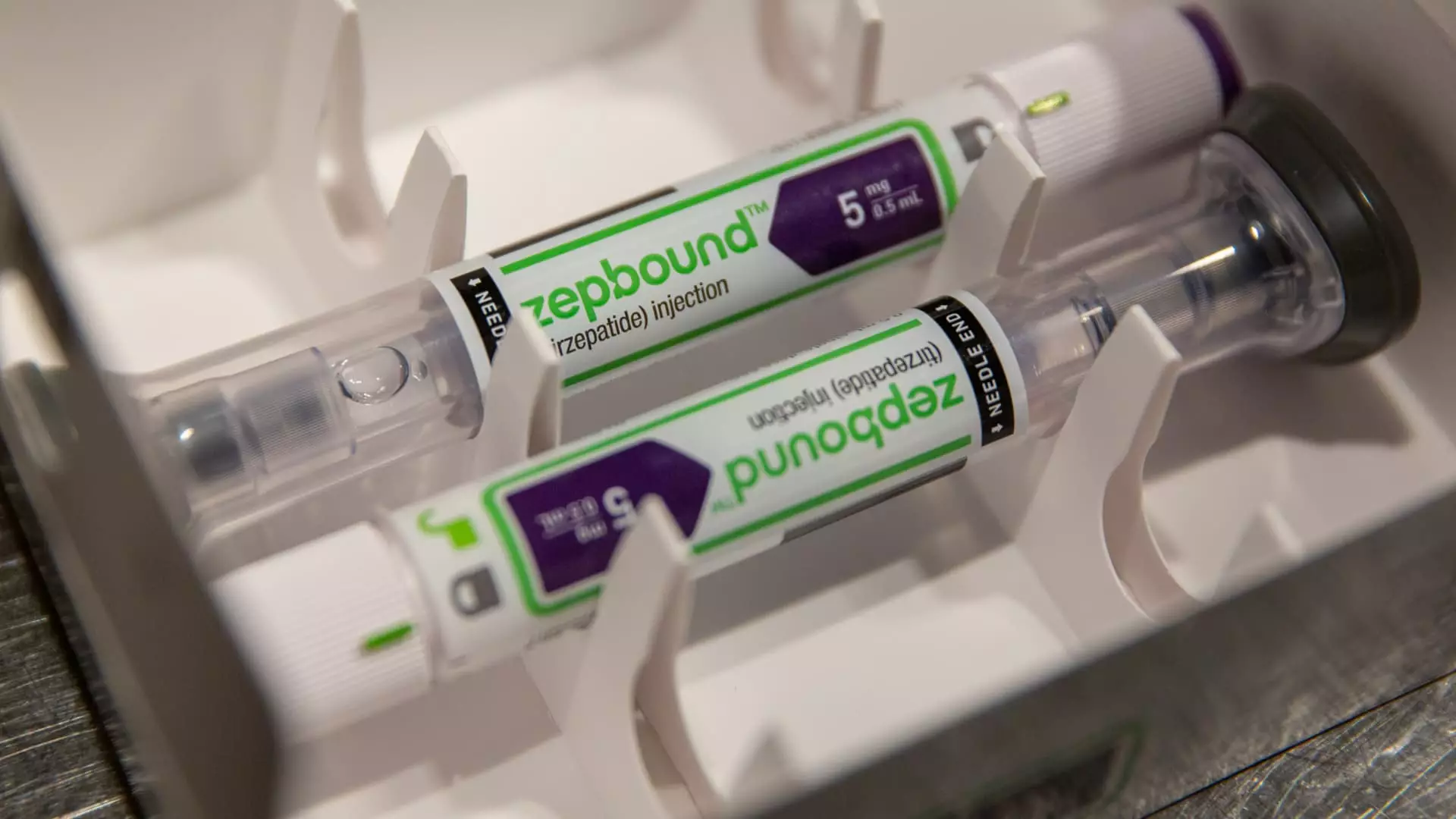Eli Lilly’s weight loss drug, Zepbound, has recently shown promising results in patients suffering from a common type of heart failure and obesity. The late-stage trial data released by the company demonstrated that the drug not only aids in weight loss but also provides various health benefits that could potentially lead to broader insurance coverage for such treatments.
The trial followed over 700 patients with heart failure with preserved ejection fraction (HFpEF) and obesity for a median of two years. Patients who took Zepbound were found to be 38% less likely to be hospitalized or die due to heart complications compared to those who received a placebo. Additionally, these patients were also less likely to need an increase in their heart failure medication. The drug significantly improved heart failure symptoms and physical limitations, such as fatigue, shortness of breath, and reduced ability to exercise.
Heart failure affects approximately 6.7 million adults in the U.S., with HFpEF accounting for almost half of all heart failure cases. Moreover, nearly 60% of patients with heart failure also have obesity. The condition is associated with a high burden of symptoms and physical limitations that affect patients’ daily lives. The introduction of drugs like Zepbound could potentially offer a new treatment option for these individuals.
The safety data on Zepbound was consistent with previous trials, with the most common side effects being gastrointestinal, such as nausea and diarrhea. These side effects were reported to be mild to moderate in severity. Eli Lilly plans to present the trial data at an upcoming medical meeting and submit it to a peer-reviewed journal for further evaluation.
Eli Lilly’s main competitor in the GLP-1 market, Novo Nordisk, has also been working on a weight loss drug, Wegovy, for the treatment of patients with HFpEF. The Food and Drug Administration recently approved Wegovy for reducing the risk of serious heart complications. Both companies are exploring the use of their drugs in patients with chronic kidney disease and fatty liver disease. While GLP-1 drugs work by suppressing appetite and regulating blood sugar, Zepbound targets both GLP-1 and GIP hormone receptors, offering a unique therapeutic approach.
Overall, the results from Eli Lilly’s trial are encouraging and suggest that Zepbound could be a valuable addition to the treatment options available for patients with HFpEF and obesity. Further research and regulatory approval will be essential to fully understand the potential benefits and risks associated with this innovative weight loss drug.

